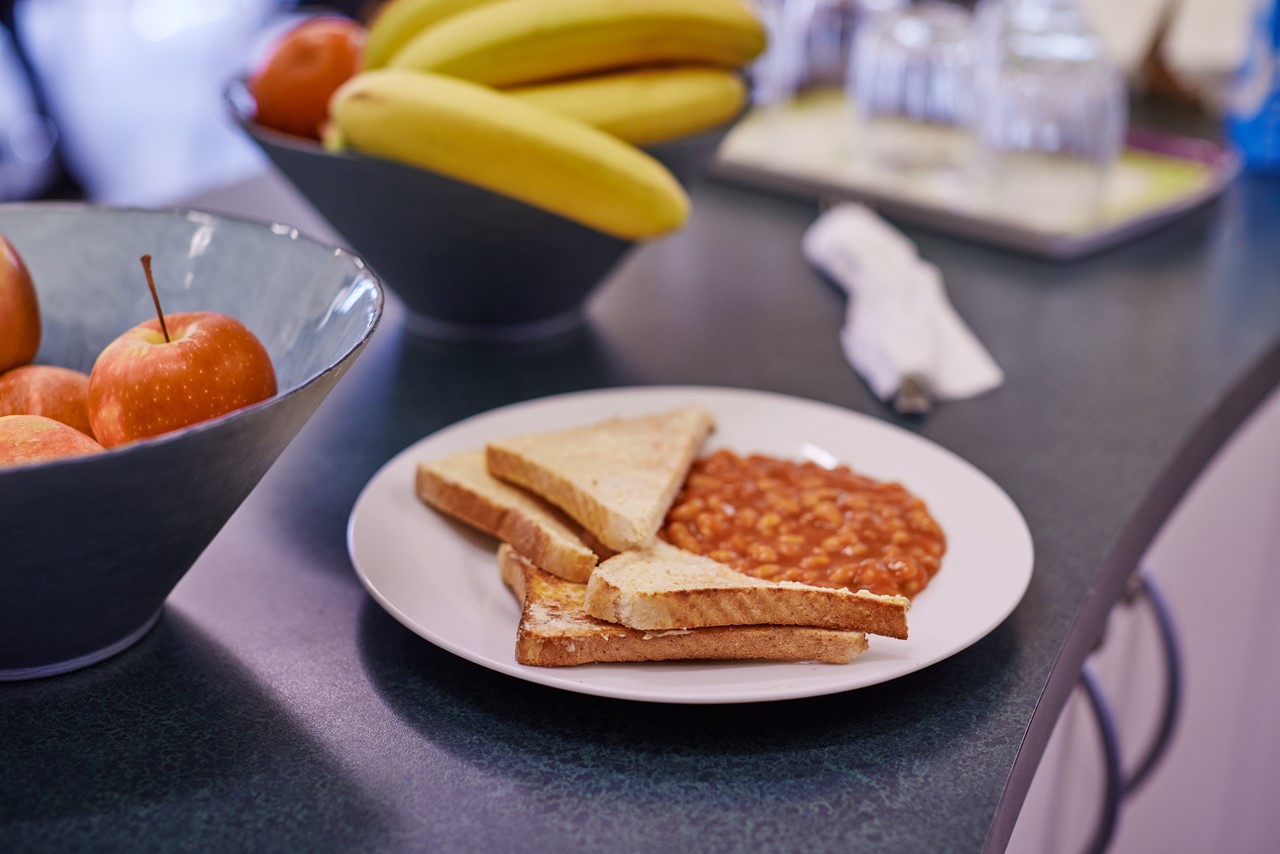
‘The worst we have ever seen it’: KidsCan’s support for hungry children grows as food prices hit 13-year high
Sky-high food prices are being felt in classrooms, with one charity saying it is feeding 10,000 more hungry students compared to the beginning of the year.
As children return to school for Term 4 today, children's charity Kidscan said it had fielded calls from principals who were in tears about the hunger and poverty they were seeing among students.
"It's the worst we have ever seen it," said chief executive Julie Chapman, who founded the charity in 2005.
"Parents are living in deficit every week. For the first time in 17 years, we are having teachers and principals break down on the phone to us because they are seeing the level of deprivation, particularly in that food space."
In the 1000 schools and daycares which Kidscan supported, the number of children needing food support had risen from 44,000 in Term 1 and 2 to 54,500 in Term 4.
Food prices are at a 13-year high, with data from Stats NZ last week showing prices rose 8.3 per cent in the year to September, including a 16 per cent increase for fruit and vegetables. This is being driven by a combination of pandemic supply problems, the war in Ukraine, labour shortages and tough local growing conditions.
The latest official data on child poverty last week showed material deprivation rates were falling, but those gains were uneven and the data did not cover the full impact of Covid-19, the cost of living crisis, the Government's response to it, or children in temporary homes like emergency housing.
Edmund Hillary School in Papakura is one of 39 schools on the wait-list for Kidscan support.
"The kids are tired about 20 minutes into class time," principal Kataraina Nock said.
"They are literally lying on the floor and I am thinking 'What on earth is the matter?'. They can't concentrate because they haven't got anything in their tummy."
‘The worst we have ever seen it’: KidsCan’s support for hungry children grows as food prices hit 13-year high
Sky-high food prices are being felt in classrooms, with one charity saying it is feeding 10,000 more hungry students compared to the beginning of the year.
In the newly-introduced equity index for schools, the lowest possible score is 569. Edmund Hillary School is rated as 539. It is one of 950 schools around New Zealand which qualifies for the Government's food in school's programme. But that was not a complete solution, Nock said.
"The kids are arriving at school hungry and we can't wait until the delivery of the lunches. We had to start making them toast in the classroom."
The school has reintroduced a breakfast club and is feeding between 50 and 80 students each morning with temporary funding from the Ted Manson Foundation. That funding will run out at the end of the year.
As the high cost of living had worsened the impact of Covid, some schools have played an increasing role in supporting families.
Te Puke Primary School principal Andrea Dance said the last two years had been difficult for families in their region. Fuel, food, and housing costs had all risen, and some had struggled to get back into work.
For some students, her school was now providing breakfast, lunch, dinner, and in a handful of cases, a hot shower and a lift to school.
"The kids are really happy and they want to be at school. But we have families that are really struggling, so we try to eliminate all those barriers so that school is one thing these kids can count on."
Dance said there had been a silver lining to Covid-19, because schools had to become more connected with families while they were at home.
"What I've noticed in the last couple of years is parents are actually asking for help when they need it - with food packages and other things. It is actually okay to ask when they are struggling, which is great."
Shelley Cook, a special education needs coordinator at Coastal Taranaki School, said between 40 and 50 children ate breakfast at the school each morning.
Students were initially ashamed about asking for help with meals, she said. The school had to work hard to remove the stigma of food assistance.
“People on the outside of the communities might comment that surely it’s the whanau’s job to be able to feed their kids. It’s not that they can’t or won’t, but … there is massive financial pressure on whanau at the moment.”